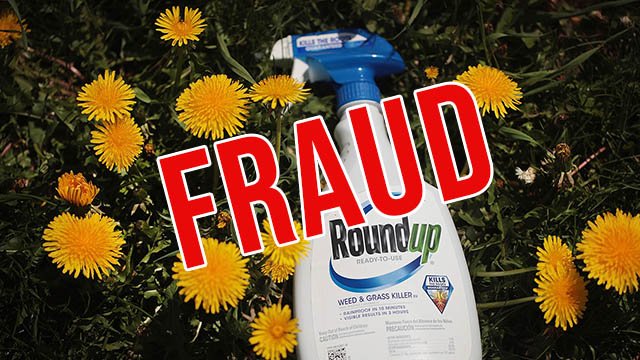There is more news of fraud around Monsanto or Bayer’s Roundup. This time it comes out of the European Union – Germany. The Laboratory of Pharmacology and Toxicology in Hamburg apparently committed fraud in a series of regulatory tests that were a part of the glyphosate re-approval process in 2017.
At least 14% of the studies on glyphosate that had been submitted for review came from this laboratory. What was the laboratory doing? It was manipulating the outcome of studies, it replaced dead animals with living ones.
If an animal dies, that is a data point and it could be because of the chemical. But if you replace it with living ones, you just say, “Oh, it wasn’t treatment-related,” and you put a live animal back in.
Dr. Arpad Pusztai said, “That’s not science. You cannot do that.” You can never introduce an animal partway through the study because it changes the environment, but you can’t just simply replace a dead animal with living ones and claim that it wasn’t treatment-related.
They also changed tumor findings to inflammation. That’s convenient if you want to try and avoid showing that your product causes tumors, just have them change it to inflammation. They said they generally distorted the data to please the clients.
The Pesticide Action Network Europe has asked the European Commission to discard the studies done by the Laboratory of Pharmacology and Toxicology. Others are complaining that all pesticide applications are done and paid for, or commissioned by, the companies themselves. They get to choose the labs that they know will give them the results they want. They’re calling for publicly evaluated, independently evaluated tests that are also paid for by industry. However, the industry cannot pick and choose who does the studies.
This research finding of fraud from 2017 is just the latest. We’ve reported in the past about a longstanding tradition of fraudulent laboratory practices and connection to pesticides in general, and in particular to glyphosate.


